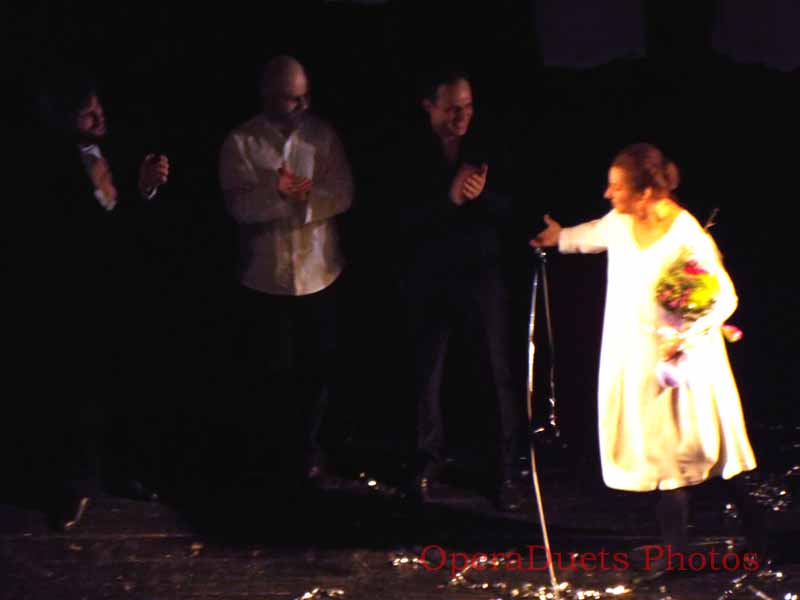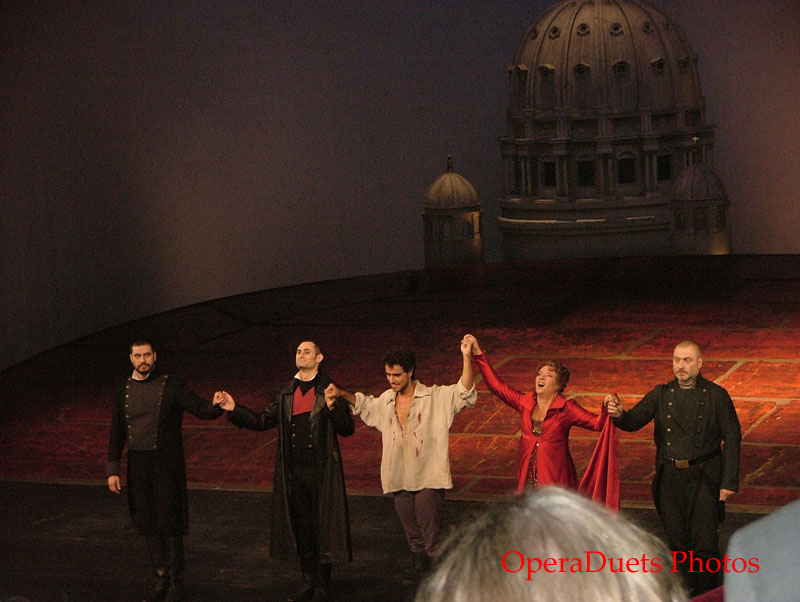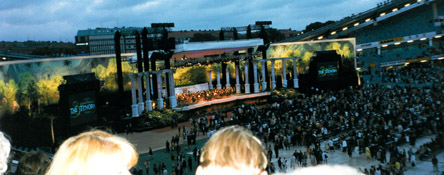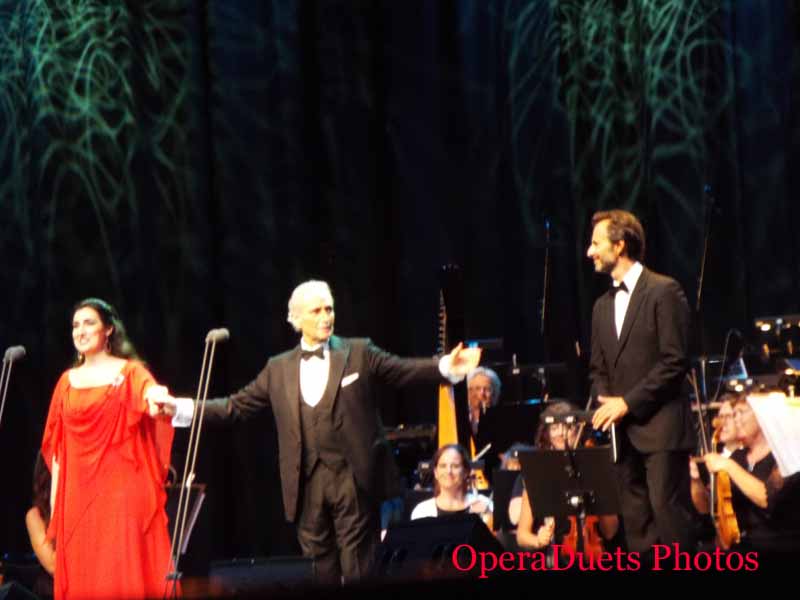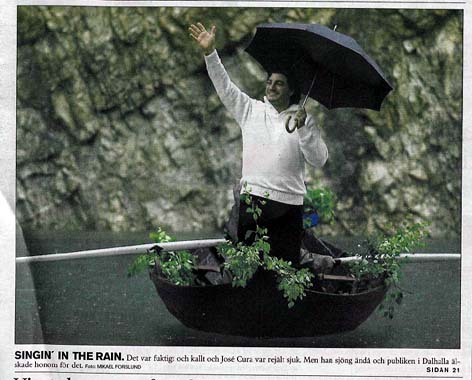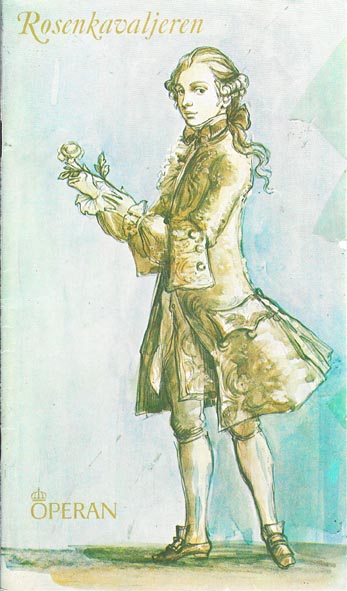2014-03-08 Stiffelio (Verdi), Kungliga Operan (Stockholm)
Stiffelio = Andrea Caré
Lina = Lena Nordin
Stankar = Kosma Ranuer
Raffaele = Jonas Degerfeldt
Jorg = John Erik Eleby
Federico = Klas Hedlund
Dorotea = Sara Olsson
Giampaolo Bisarti, conductor
Stage design and costumes: Magdalena Åberg
Light design: Ellen Ruge
Dramaturg: Stefan Johansson
Producer: Tobias Theorell
It was the first time that I saw and heard the tenor Andrea Caré. I do think I have found my new favorite tenor. He was just wonderful as Stiffelio.
After 27 years working in Royal Opera House in Stockholm Lena Nordin was singing her last role as permanent engaged as opera singer. Now she is officially retired. But as Birgitta Svenden, the opera chief said she will still work in other opera houses and with her festival and also come as guest to Stockholm opera house.
I almost missed that the opera started 1500 and not 1900 as I thought. It was cold in Stockholm, not as bad as in January. Since I had already seen the production before, and did not love it, but as I had seen it I found it easier to like it this time. Having Andrea Caré as Stiffelio helped a lot. I think the whole ensemble was better, more together. Las time we had two Stankars, one singing and one acting. Now we had the unity that was missing. Lena Nordin was Lina that time, too. I think that Andrea Caré was inspiring them all. And then it was Lena Nordin chance to go out with a bang. Lovely!!!
Andrea Caré is a young tenor and hope he will have a long and exciting career. One could not have a better Stiffelio, not even Carreras, Domingo or Cura could do better!!! As a Cura fan I would love to see him in Stockholm as Stiffelio... Andrea Caré is just simply lovely. His voice has everything, strength and sweetness.
Original blog post
For more reviews from my travels, see www.operaduetstravel.com If you want to see more photos from my OperaDuets Travels, go to www.operaduetsphotos.com
